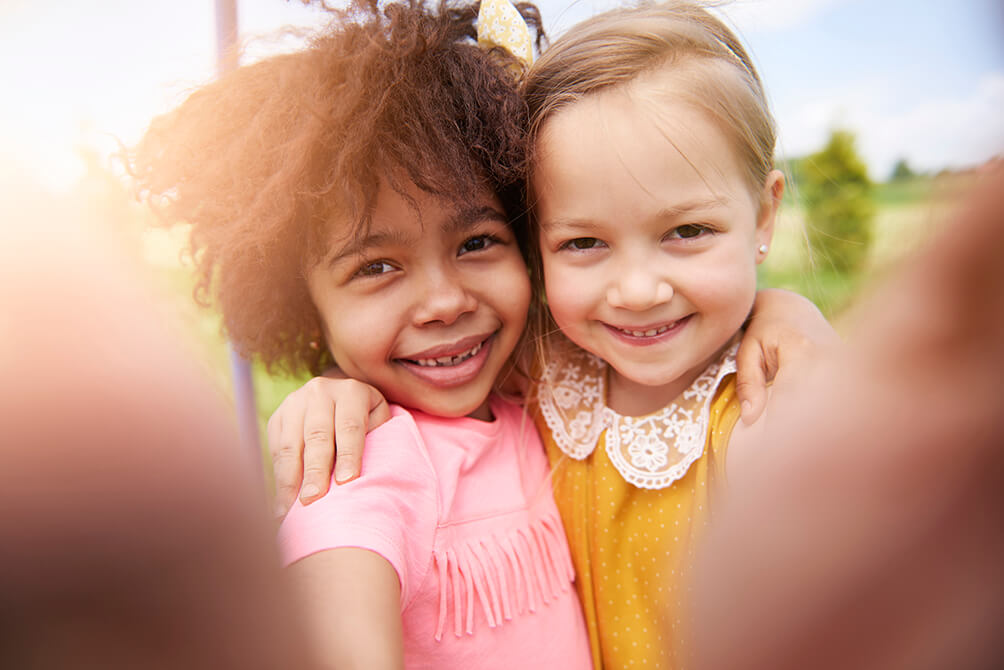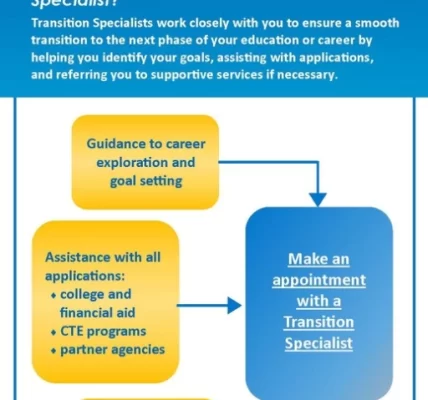Preschool is a crucial time for the development of social skills in children. It lays the foundation for how they interact with others, form friendships, and navigate social situations. As parents and educators, fostering a positive social environment is key to nurturing these essential skills. In this guide, we’ll explore effective strategies for building social skills and encouraging the formation of friendships among preschoolers.
1. **Model Positive Social Behavior:**
Children learn by observation, so modeling positive social behavior is fundamental. Demonstrate kindness, sharing, and cooperation in your interactions with others. Be a role model for the behavior you want to see in your preschooler.
2. **Encourage Expressive Communication:**
Help preschoolers develop their communication skills by encouraging them to express their thoughts and feelings. Create an environment where they feel comfortable sharing, whether through words, gestures, or artistic expressions.
3. **Teach Empathy and Understanding:**
Instill the values of empathy and understanding early on. Discuss emotions, ask how others might be feeling, and encourage your child to consider the perspectives of their peers. This lays the groundwork for compassionate and considerate behavior.
4. **Provide Opportunities for Play:**
Play is a natural way for children to learn social skills. Arrange playdates, participate in group activities, and provide a variety of toys and games that encourage cooperation and interaction. Play helps preschoolers develop teamwork and problem-solving abilities.
5. **Promote Turn-Taking and Sharing:**
Teach the importance of taking turns and sharing. Use games and activities that involve sharing toys, taking turns in conversations, or waiting for one’s chance. This helps preschoolers develop patience and consideration for others.
6. **Celebrate Diversity:**
Encourage an appreciation for diversity by introducing children to different cultures, traditions, and backgrounds. Celebrate various holidays and customs to foster an understanding and acceptance of differences among peers.
7. **Establish Clear Expectations:**
Set clear and age-appropriate expectations for behavior in social situations. Reinforce positive actions and gently correct negative behaviors. Consistency in expectations helps preschoolers understand social norms.
8. **Create a Positive Social Environment:**
Foster a positive social environment in preschool settings. Encourage cooperation, discourage exclusion, and promote a sense of belonging. A positive atmosphere contributes to the development of healthy friendships.
9. **Teach Conflict Resolution:**
Conflict is a natural part of social interactions. Teach preschoolers constructive ways to resolve conflicts, such as using words to express feelings, taking turns listening, and finding compromises. These skills are valuable for building and maintaining friendships.
10. **Involve Parents and Caregivers:**
Collaboration between parents, caregivers, and educators is essential for reinforcing social skills. Share insights into a child’s social development, discuss challenges, and work together to create a consistent and supportive social learning environment.
Conclusion:
Building social skills in preschoolers is a vital aspect of their overall development. By fostering positive behaviors, encouraging communication, and providing ample opportunities for social interaction, parents and educators play a crucial role in shaping the social competence of young children. As preschoolers navigate the early stages of forming friendships, these strategies lay the groundwork for positive social interactions that will benefit them throughout their lives.













